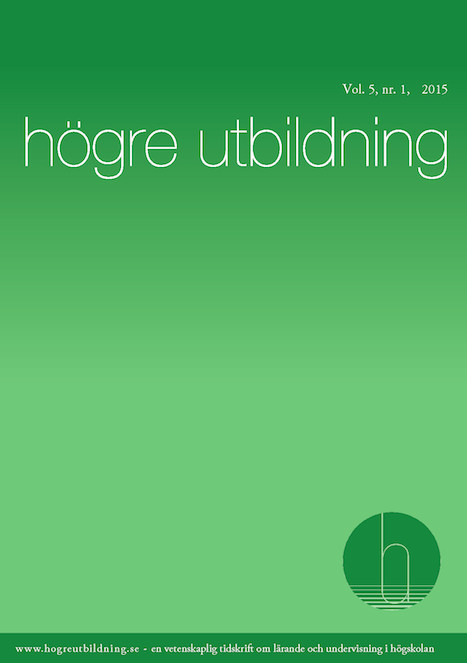Is PBL really a better way to teach and learn?
Abstract
Most education leaders or developers implementing problem-based learning have probably heard the question, “Is PBL really better than other ways to teach and learn?” We, the authors, have had reasons to try to answer this question during our long experience of PBL. We have identified five areas that should be considered before an answer can be provided and we have used theory and research to shed light on these areas.
The first area is a changing society where students and employers expect universities to meet new challenges.
Knowledge about cognition and evidence concerning what matters in educational practice have shown that PBL offers opportunities to apply several of the most important principles that result in better learning.
Comparisons of PBL-curricula and “traditional” curricula initially yielded limited results, but with growing insight into the effects of bias in comparisons it has been shown that a well implemented PBL-curriculum does result in better outcomes beyond improvement of knowledge.
We believe that we can answer the question with a “yes”, provided that PBL is implemented in a way that takes into account knowledge of what matters for learning.
Fulltext
Publicerad
Referera så här
Nummer
Bidragsformer
Nyckelord:
Problem-based learning, small group learning, cognition, learning outcomes



